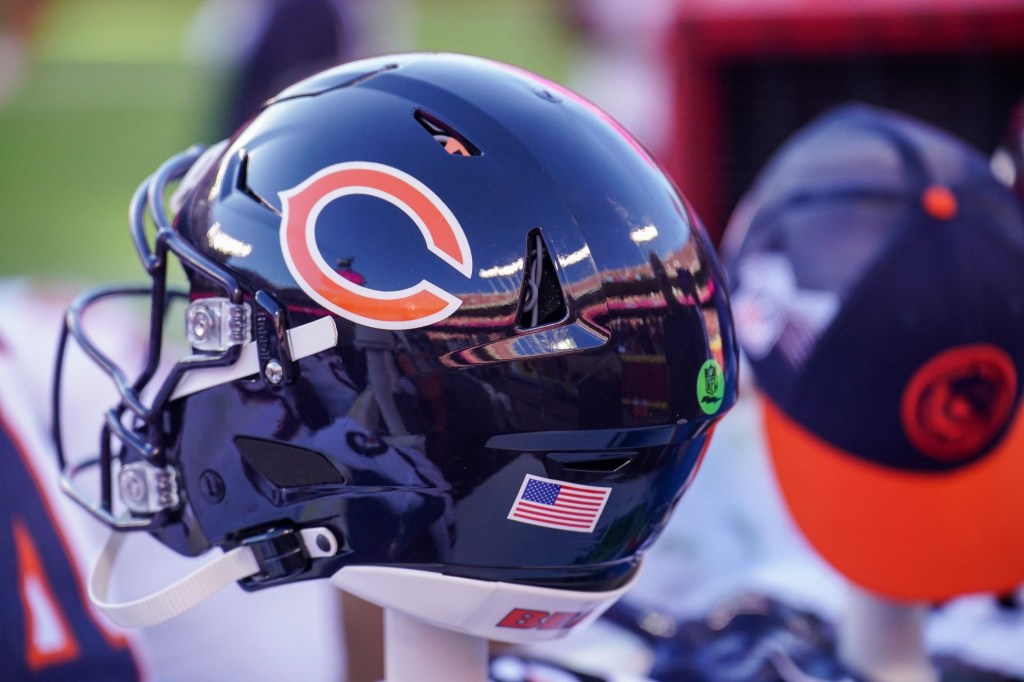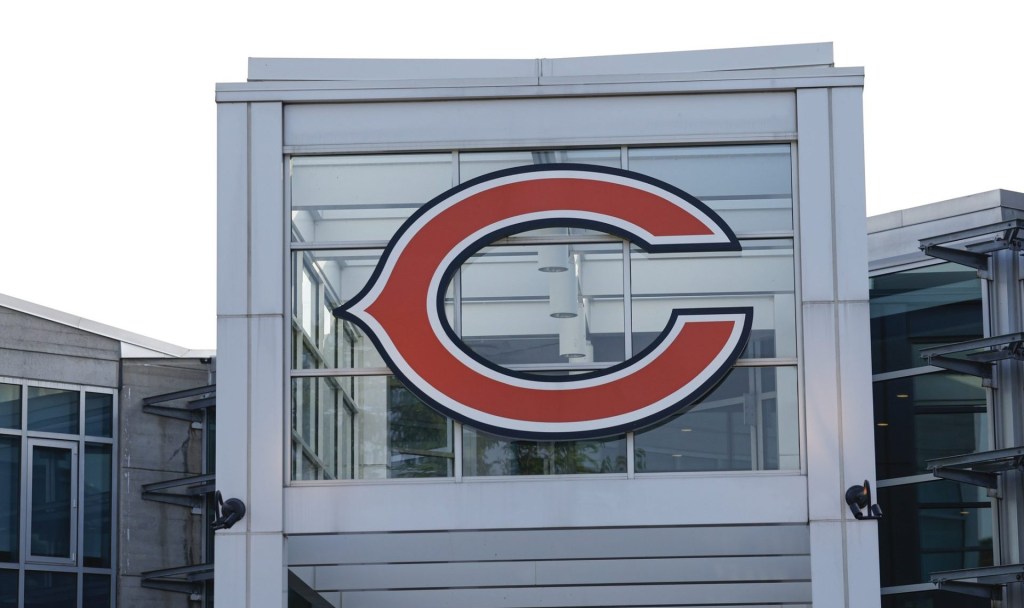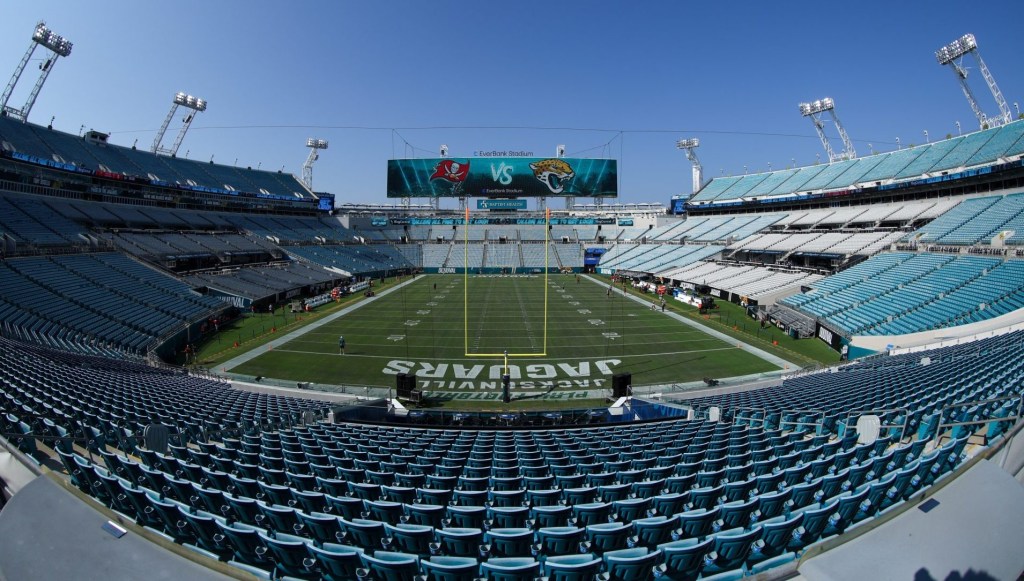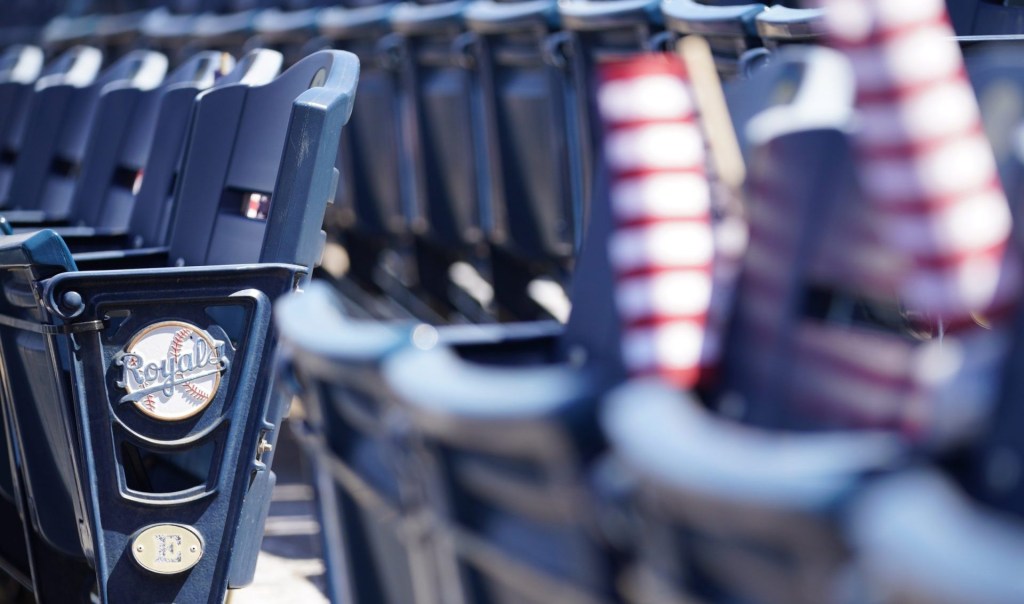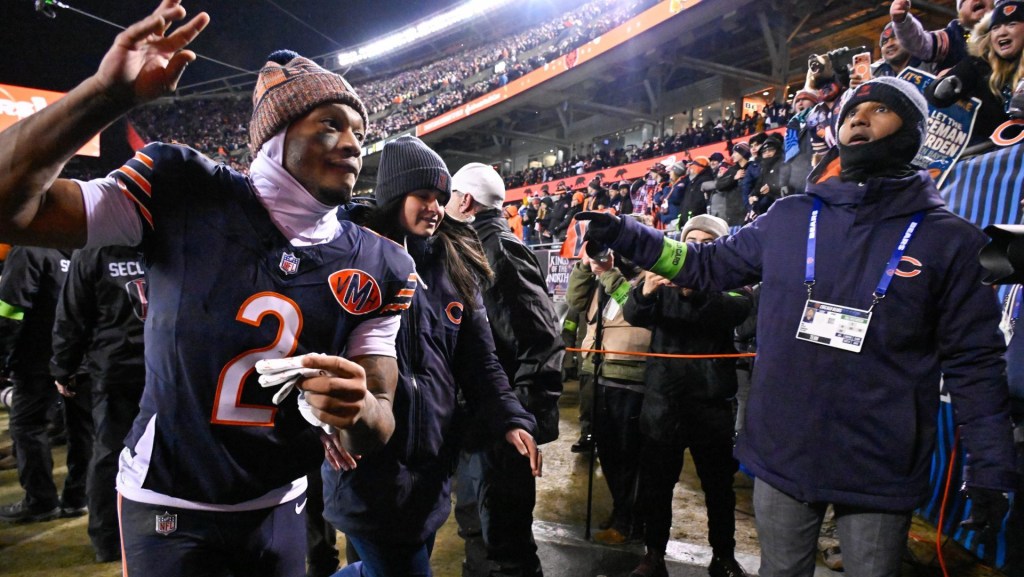The state of the hurricane-damaged Tropicana Field is still being assessed, and it could be several weeks before the extent of the stadium damage is fully understood. But at least one thing thus far is certain: MLB and the Rays seek to stay in the Tampa area during the 2025 season.
As the Rays and the league consider various options for a temporary venue, MLB commissioner Rob Manfred said the clear preference is to keep the club in its existing market.
“We’re hopeful that we can figure out something [locally] for them, and that the repairs can be done in a way that allows them to resume playing,” Manfred said on The Varsity podcast.
“The easiest thing is always to stay in the market where the clubs are anchored, if we can manage it,” he said.
Multiple Options
The commissioner’s sentiment is advanced by the large number of minor league and spring training options in the Tampa area and just beyond, including the Rays’ own complex in Port Charlotte, Fla., and ESPN Wide World of Sports in Orlando. Any of those facilities will require a series of physical upgrades to bring them up to MLB standards, but similar efforts were made in Buffalo and Dunedin, Fla., during the COVID-19 pandemic, and are happening again in Sacramento to accommodate the relocating A’s.
Two more geographically distant options have already been removed from consideration for the Rays’ 2025 season: Durham, N.C., site of the Rays’ top minor-league affiliate, and Montreal, where club owner Stu Sternberg previously proposed playing on a part-time basis.
“As the proud Triple-A affiliate of the Tampa Bay Rays, we are always ready to support our parent club,” the Durham Bulls said in a statement. “Currently, there have been no discussions about hosting them in Durham, and we do not anticipate hosting them for a full season due to schedules overlapping and other logistical challenges.”
Field Conditions
As that Tropicana Field assessment continues, Manfred said the early reports are not good, calling the overall damage “substantial.” That’s not surprising given Hurricane Milton tore off nearly all of the stadium’s Teflon-coated fiberglass roof. The facility is also not constructed for outdoor use and does not have a field-drainage system.
The roof damage is “particularly problematic in a building that was not designed to drain because it was a covered building, and in a climate where it rains a lot,” he said. “It’s going to be a challenge.”
The city of St. Petersburg, which owns Tropicana Field, has filed an insurance claim, and in addition to the ongoing structural analysis of the venue, a firm has been hired to remove the remaining portions of the roof. The Rays, meanwhile, are set to open a new stadium in 2028.
“We were at a path where the useful life of that facility was short—really costly repairs and a short life [span],” Manfred said. “I don’t need to connect the dots there for you. That’s another complication.”
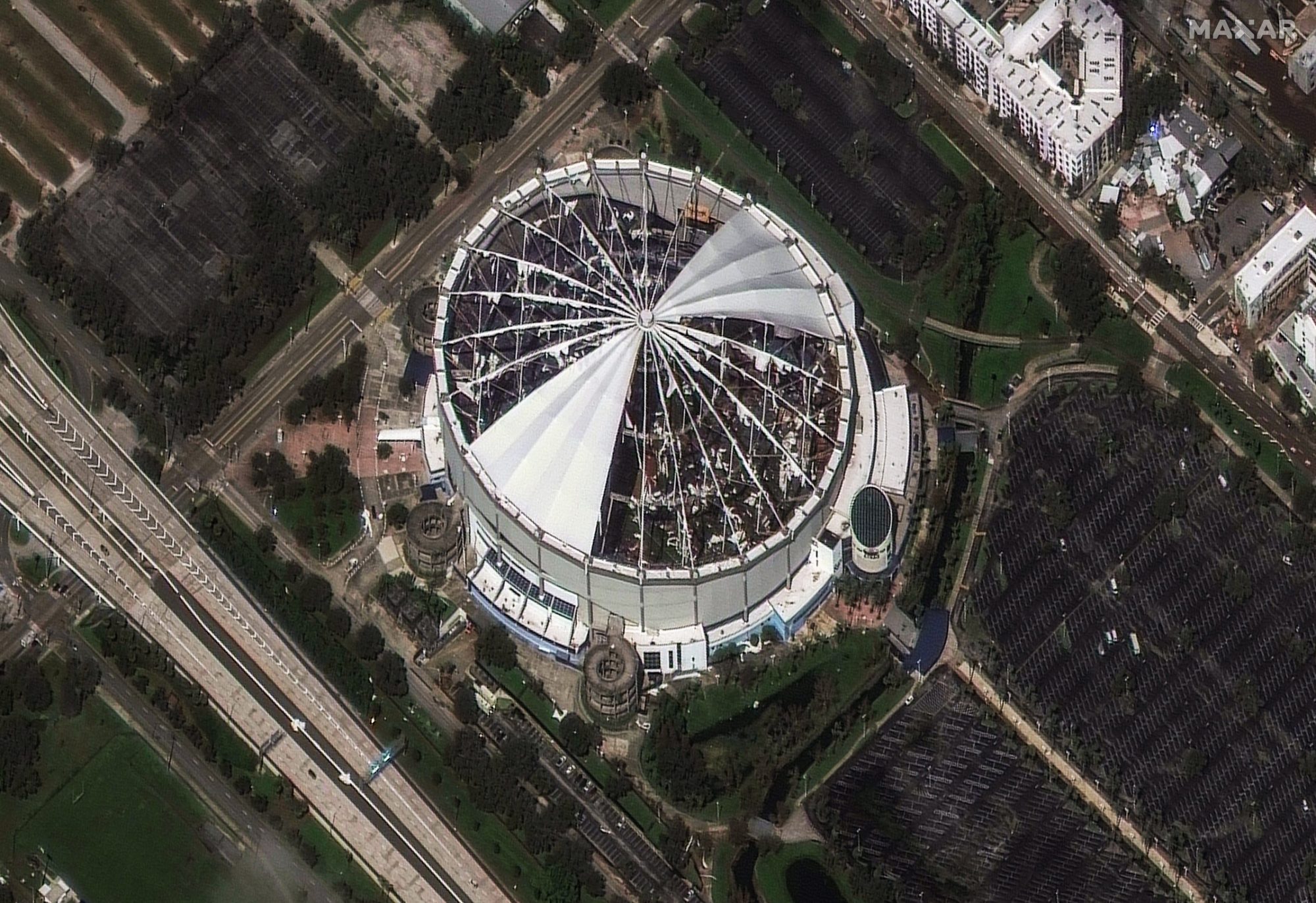

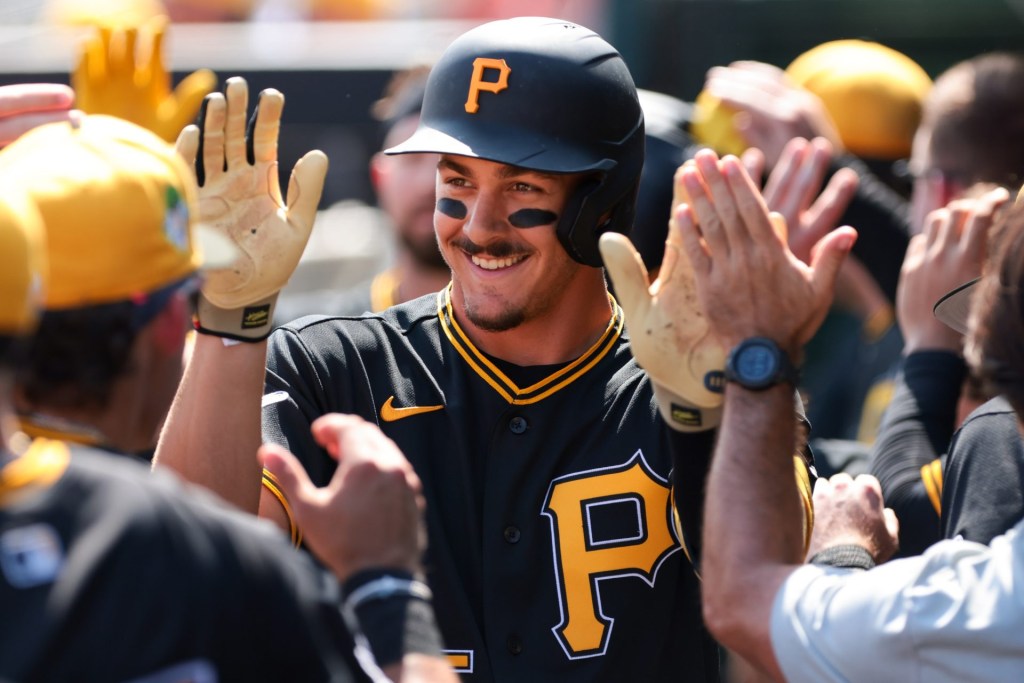
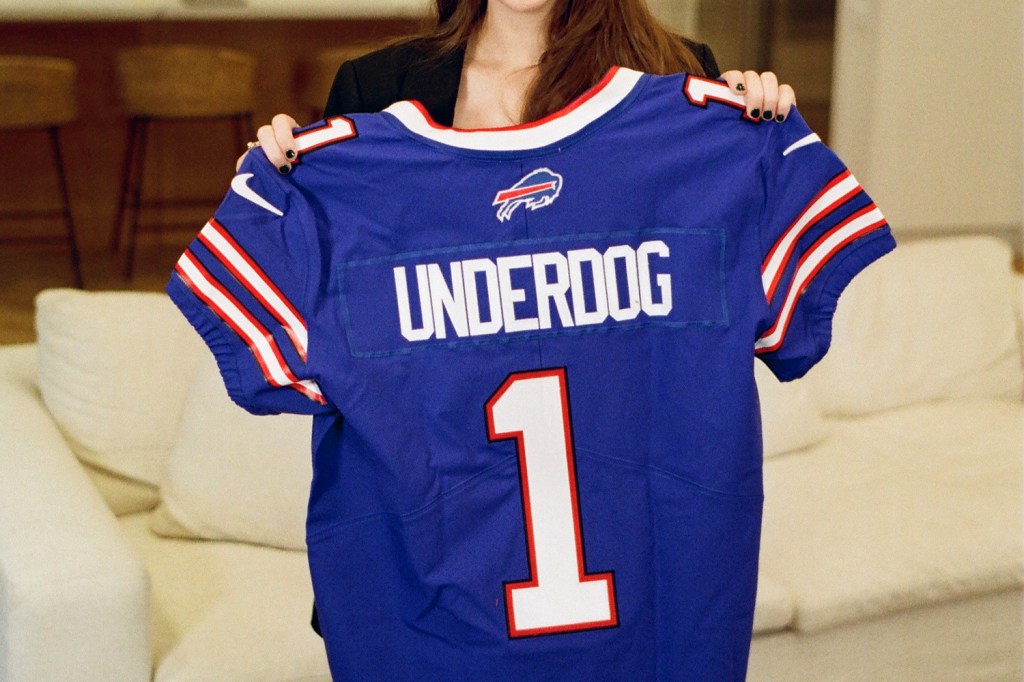


![[Subscription Customers Only] Jun 15, 2025; Seattle, Washington, USA; Botafogo owner John Textor inside the stadium before the match during a group stage match of the 2025 FIFA Club World Cup at Lumen Field.](https://frontofficesports.com/wp-content/uploads/2026/02/USATSI_26465842_168416386_lowres-scaled.jpg?quality=100&w=1024)
![[Subscription Customers Only] Jul 13, 2025; East Rutherford, New Jersey, USA; Chelsea FC midfielder Cole Palmer (10) celebrates winning the final of the 2025 FIFA Club World Cup at MetLife Stadium](https://frontofficesports.com/wp-content/uploads/2026/02/USATSI_26636703-scaled-e1770932227605.jpg?quality=100&w=1024)

